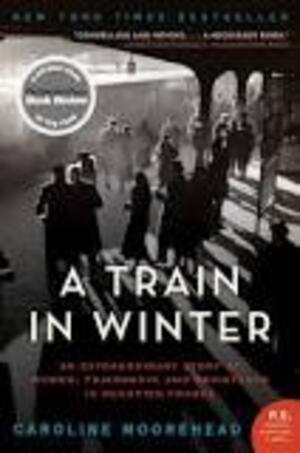"A Train in Winter" reveals the strength of women’s friendship
There are 230 heroines in Caroline Moorehead’s book A Train in Winter.
“Christian and Jewish, aristocratic and working class, young and old,” writes Caroline Weber in her review on November 13, 2011 in the New York Times, “these courageous women were united first by their shared commitment to the French Resistance and second, beginning on January 26, 1943, by their internment at Birkenau, the main women’s camp at Auschwitz.”
The book describes the women’s sense that only by depending on each other could they possibly survive their ordeals. Clothes stripped, belongings stolen, hair shaved, and arms tattooed, these 230 women were but a small number of the 15,000 women interned at the camp. Though each woman had worked alone for the Resistance, they forged a bond through their shared experiences.
“Knowing that the fate of each depended on the others,” Moorehead writes, “[one of the survivors] would say that all individual egotism seemed to vanish and that, stripped back to the bare edge of survival, each rose to behavior few would have believed themselves capable of.”
The women’s devotion to each other enabled 49 of them to survive unspeakable tortures until their liberation at the end of the war.
Moorehead is a biographer of philosopher Bertrand Russell and explorer Freya Stark, as well as a documentarian of human rights. Her other work includes a history of the International Committee of the Red Cross and books on refugees and pacifists.
Sources: “Sisters Unto Death,” New York Times, November 13, 2011; “Caroline Moorehead Interview,” Sydney Writers’ Festival, 2012.



